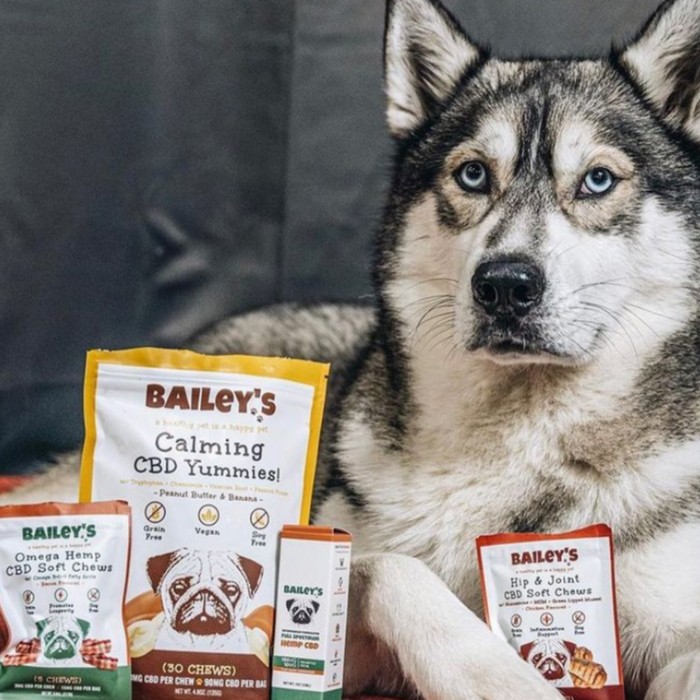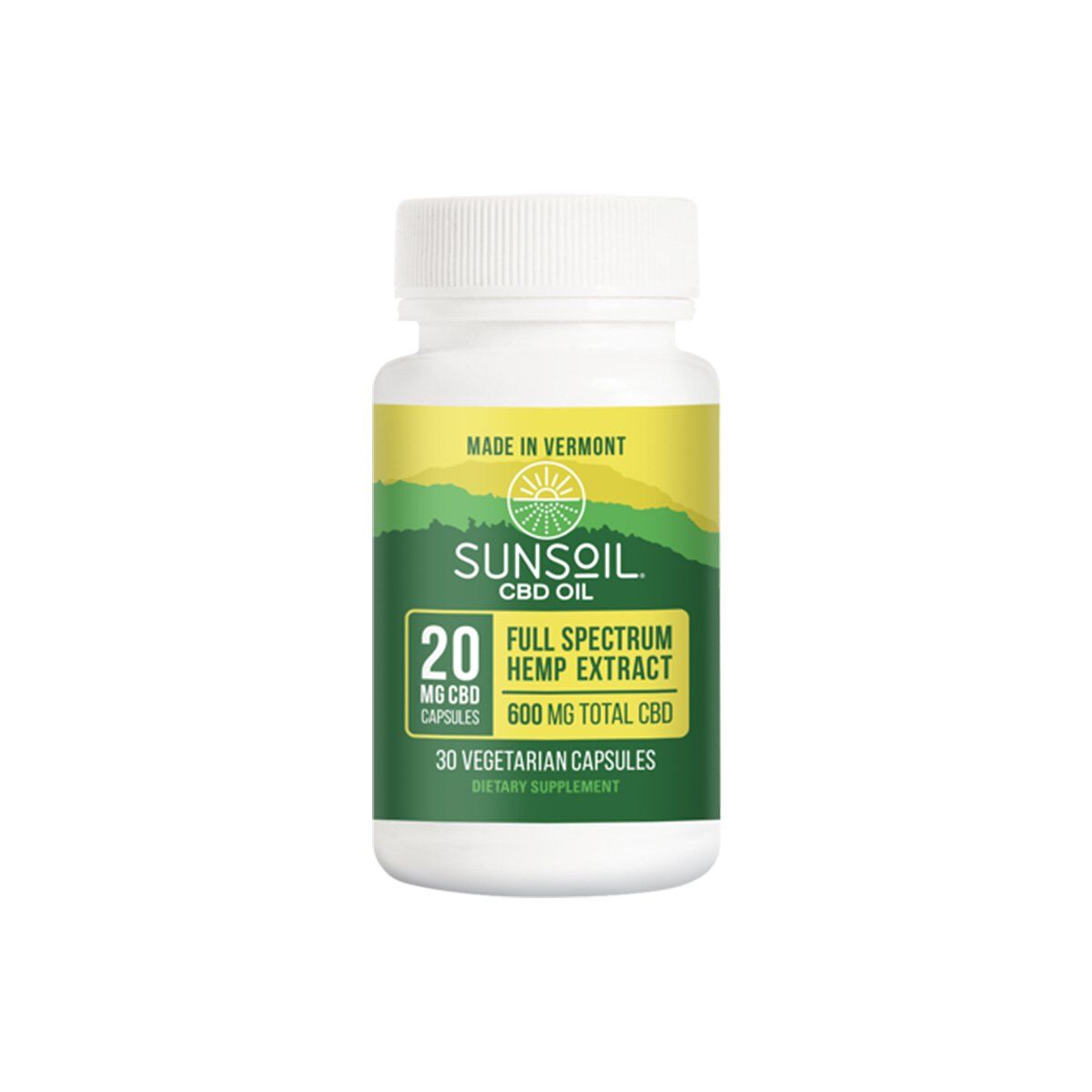
The pain of a pinched or irritated nerve is among the most annoying that people can experience. It can also be very challenging to treat. CBD oil and other natural remedies can be used to relieve nerve-related pain.
Using CBD for nerve pain is an excellent way to treat chronic pain without the use of medications like opioids or non-steroidal anti-inflammatory drugs (NSAIDs). This type pain is caused from damaged or dysfunctional nervous systems. It can cause a wide range of symptoms including numbness, weakness, tingling and pain.
Hemp Oil: The Best Treatment for Nerve pain
CBD liquids are a good option as they can contain a large concentration of active ingredients. Most hemp-derived CBD is available as capsules or gummies. These are a convenient way to consume your CBD dose. If you prefer to take a CBD tincture or cream, it's important to choose one that contains a full-spectrum blend of cannabinoids and terpenes. These compounds combine to enhance CBD's therapeutic benefits and can help with neuropathic symptoms.

Hemp cream for nerve pain: The best Hemp cream available
Pure Kana's CBD-infused cream is a good choice if you want to find a topical product that can ease nerve pain. This product is infused full spectrum cannabinoids as well as terpenes. These plant compounds work together to promote nerve healing.
It's also an excellent choice for those who want to avoid ingesting THC, which can cause a euphoric high and can be dangerous when taken with booze or other "downer" drugs. A ratio of CBD to THC has been found by some studies to be more effective at relieving neuropathy pain than one cannabinoid.
CBD tinctures tend to be the safest and most convenient way to take CBD. They do not contain THC, and they are an easy way to get your daily CBD dose. These are also easier to transport than CBD oil or CBD gummies. They're therefore a great choice for those with limited mobility.
Hemp creams for nerve pain are another popular way to get the benefits of CBD, as they're easy to apply and can provide relief from painful sensations. You should select a CBD lotion that contains broad-spectrum and full-spectrum cannabis cannabinoids. These interact with your endocannabinoid receptor system to amplify the CBD's effects.

Scammers are everywhere. While some companies have a great reputation for making high-quality CBD products there are others that are not. This list includes some reputable brands in the industry.
Consider trying CBD to ease your nerve pain. It will improve your quality-of-life and reduce your discomfort. Be sure to speak to a professional before making changes to your lifestyle or diet. In the end, it's important to find something that helps you feel great and works for you.
FAQ
Is CBD growing?
Yes. And this growth is expected to continue into the future as legalization spreads across North America. Canada, which legalized recreational cannabis, has passed several medical marijuana laws.
As more states adopt legislation that allows medicinal marijuana access, this trend is likely to continue at least for the next decade.
Legalizing marijuana is also a good economic decision. Legalizing marijuana has many other benefits.
It could help decrease crime rates by reducing illegal drug availability. It could also generate tax revenue for the government.
People will likely choose to consume less alcohol as they become more comfortable with legal marijuana. This would reduce the likelihood of having hangovers. It also means lower healthcare costs.
In addition, marijuana might actually improve the quality of life for those who suffer from chronic pain. Many believe THC, the active component in marijuana, is responsible for relieving symptoms like muscle spasms or nausea that can be caused by chemotherapy.
Finally, marijuana might become a valuable tool for treating mental illnesses such as depression and anxiety. In fact, some studies suggest that marijuana can even treat schizophrenia.
Even though the CBD sector looks bright, there are still many challenges.
Are there any common mistakes companies make when entering the US cannabinoid marketplace?
It is easy to make a mistake by not knowing the regulations surrounding cannabis products. This could be a sign that your product formulation needs to be changed.
A second error is not properly labeling your product. It is important to determine if your product contains CBD or THC.
Thirdly, you should understand how to package your product correctly. If you have a product that contains THC, make sure it is properly packaged.
If your product does not contain THC, then you should still follow all packaging laws because there are many states where cannabidiol (CBD) is legal.
It is important to track recalls of your products. If there is a problem with your product, it is important that you inform customers as quickly as possible.
Is the CBD market saturated?
CBD industry is growing at over 25% per annum. This growth is expected continue for at most five more years. In fact, the industry is expected grow from $2Billion today and $5Billion by 2020.
The CBD market is currently dominated by two companies - GW Pharmaceuticals and Canndoc Ltd. Both companies focus on developing high-quality pharmaceutical-grade products. They haven't been very successful so far. Both are struggling to gain traction on the market.
Cannabidiol (CBD), an extract from cannabis, contains less than 0.3% THC. It does not produce any psychoactive effects. It is used as a treatment for epilepsy and other medical conditions. It is also commonly used as a dietary supplement.
There are many options for CBD products. Some CBD products contain whole plant extracts. Others use CBD-rich cannabinoids.
All of these products share one thing: They contain low levels THC.
They are now legal under US federal laws. You still need to comply with local laws when you sell CBD products. Always check your state's laws regarding CBD products.
There are also several states that CBD products are prohibited. These are California, Colorado. Florida. Mississippi. Missouri. New York. North Carolina. Ohio. Oklahoma. Oregon. Rhode Island. South Dakota. Texas. Utah. Virginia. Washington.
CBD products shouldn't be used if you live in any of these states.
Statistics
- A recent systematic review of human trials also reported that individuals with epilepsy receiving CBD (5–20 mg·kg−1·day−1) were more likely to experience decreased appetite than those receiving placebo (i.e., ~20 vs. 5% of patients) (ncbi.nlm.nih.gov)
- As a substance that was federally illegal before the passage of the 2018 Farm Bill, hemp-derived cannabinoids with no more than 0.3% THC still face a regulatory grey area. (forbes.com)
- CBD seems unlikely to directly influence sleep in healthy humans [115] (and maybe “sleep-promoting” in those with certain comorbid conditions) (ncbi.nlm.nih.gov)
- The inhibition of FAAH is predicted to lead to an increase in brain and plasma concentrations of AEA, which acts as a partial agonist at CB1R and CB2R, thereby increasing endocannabinoid tone [92, 110]. (ncbi.nlm.nih.gov)
- however, one study also found that these effects were virtually abolished when the original media (a nutrient broth agar) was replaced with one containing 5% blood (increasing the minimum concentration to ~160 μM CBD) [179]. (ncbi.nlm.nih.gov)
External Links
How To
What are the most common problems in the CBD industry?
The market for CBD is growing at an astonishing rate. But, businesses who want to enter this market still face numerous challenges. There are many challenges facing businesses looking to enter this space, including low consumer awareness, high costs of entry and limited access to capital.
Many consumers do not know what CBD is or how it works. This makes it difficult for consumers to make informed decisions on whether or not they want CBD products.
Many CBD companies depend heavily on word of mouth marketing. This is expensive as they must pay advertising costs and to hire staff to market their brand.
The high production costs are another issue that new entrants to the CBD industry face. It is very expensive to obtain the raw materials required for CBD products. CBD oil can only then be produced if the hemp has been grown in a specific environment.
Growing enough hemp to make CBD oil takes around $1,000 per acre. This means that many small farmers cannot afford the cost of starting.
Another challenge new entrants face in the CBD market is the lack of access to capital. Because of the stigma associated with this industry, many people are discouraged from opening a business.
There is also regulatory uncertainty around the sale of CBD products. There are currently no clear guidelines regarding how CBD products should be marketed.
Although some states have passed legislation restricting CBD product sales, this has not become a national policy.
Only Nevada and Maine have already legalized recreational cannabis.
Massachusetts and Michigan have considered similar measures.
These changes could result in increased competition between CBD manufacturer.
Many entrepreneurs prefer to work at home over starting a business.